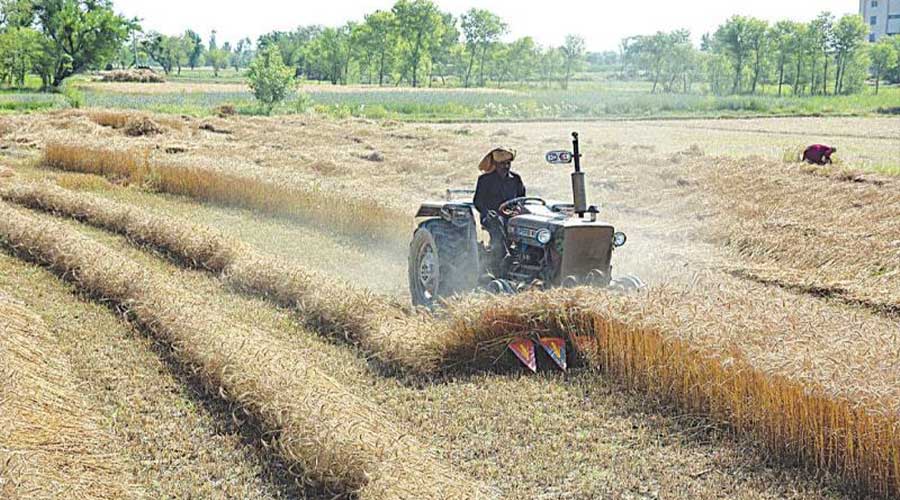Pakistan has been asked by the specialized agency of the United Nations, International Fund for Agriculture Development (IFAD) to double its contribution from $9 million to $20 million into the Twelfth Replenishment cycle (IFAD12).
Concessional lending of Pakistan can be doubled with an increased contribution in the next cycle of 3 years from the existing level of $115 million for new projects to address climate change in agriculture, improve productivity, promote further women’s empowerment, and strengthen agricultural institutions.
Read more: Pakistan to create 500 tech based farms to modernise agriculture sector
Moreover, Pakistan was granted $8 million by IFAD in the last 4-5 years, in addition to it, the agency also allocated $4-5 million for coronavirus control in Pakistan.
IFAD’s visiting Director Ashwani Muthoo said in an exclusive interview on Wednesday said, “Our total financing through the mobilization of co-financing with help of partners such as in case of Pakistan, the Asian Development Bank, World Bank and government of Pakistan contribute and overall financing crosses the $300 million mark. Asian Infrastructure Investment Bank (AIIB) is not co-financing at the moment because it focuses on large infrastructure projects at the moment.”
He further said that Pakistan is included in 20 contributors into IFAD and so Islamabad should increase its funding. He added that the loan IFAD provided to Pakistan has an interest rate of 1.25% and a 0.75% service charge. They have a 5-year grace period, with repayments to be done in 25 years.
“The investment is not up to the mark despite this fact that the majority of the population derived their livelihood from the agriculture sector” he maintained. There is a need to strengthen agriculture institutions and extension departments, he added.
“Our focus is to support small landholdings or don’t have land and through projects, we provided them access to inputs, small irrigation, capacity building of communities, access to markets their produce or made-ups and providing women access to micro credits”, he added saying that they are providing climate-smart projects.





















